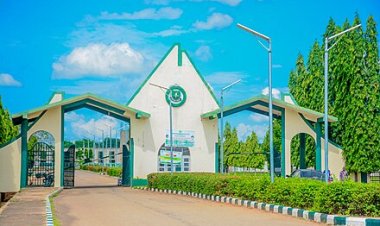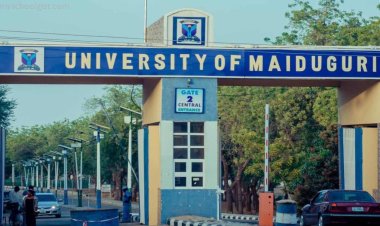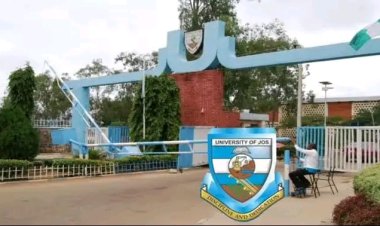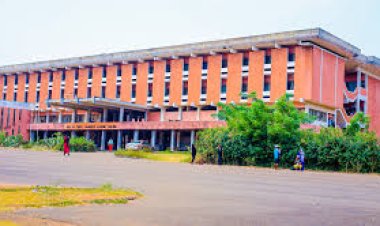OAU Professor Urges Government to Prioritize Digital Training for Farmers to Enhance Food Security
Professor Adeolu Ayanwale from Obafemi Awolowo University emphasizes the urgent need for digital training among farmers to enhance food production and security.
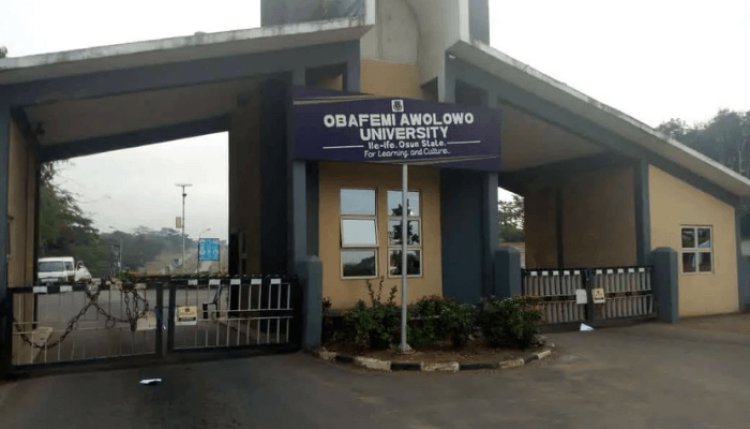
Adeolu Ayanwale, a distinguished Professor of Agricultural Economics at Obafemi Awolowo University, has emphasized the critical need for both federal and state governments to invest in digital training for farmers nationwide to bolster food production and enhance food security.
Professor Ayanwale made this call during a recent training and capacity development workshop organized by the Commonwealth of Learning, Canada, in collaboration with Obafemi Awolowo University and the Agricultural and Rural Management Training Institute (ARMTI). He highlighted the significant challenge posed by the low adoption of technology in Nigeria's agriculture sector, stressing the urgent necessity for digital training to drive improved agricultural production.
"Digital training is essential to equip farmers with the necessary skills to utilize digital tools throughout various stages of the agricultural value chain, including production, growth, development, and marketing of crops," stated Professor Ayanwale. He emphasized the importance of teaching farmers how to leverage digital devices such as phones, radio, and the internet for production and marketing purposes, enabling them to utilize platforms like WhatsApp, Instagram, Facebook, and Twitter for marketing their produce.
According to Professor Ayanwale, engaging farmers in digital training is paramount for enhancing productivity and stabilizing food inflation. He emphasized that capacity building in digital agriculture will lead to increased food production, thereby contributing to the achievement of Sustainable Development Goal 1 (SDG) of zero hunger.
Since the inception of the workshop series in March 2023, over 500 train-the-trainers have undergone intensive training and empowerment to disseminate knowledge within their communities. The training encompasses various aspects of farming, including planting, growth, preservation, packaging, harvest, transportation, marketing, and exportation of produce. Additionally, participants are educated on developing a savings culture and accessing financial support from institutions like the Bank of Agriculture (BoA).
READ ALSO: UNILAG Hosts CIIN Delegation for Accreditation of Insurance Programme
Echoing Professor Ayanwale's sentiments, Olufemi Oladunni, Executive Director at ARMTI, advised vegetable farmers to adhere to the training provided, particularly on spacing and fertilization techniques. He emphasized the importance of organic farming practices and urged farmers to minimize the use of inorganic fertilizers, especially during the rainy season.
Kemi Idowu, from the Department of Soil Sciences & Land Resources Management at OAU, addressed challenges related to climate change and soil management faced by farmers. She provided insights on water application methods, nursery management, and the use of organic manure to mitigate the impact of climate change on crop production.
Participants expressed appreciation for the workshop organizers and pledged to utilize the knowledge and resources gained judiciously. The collective efforts of stakeholders, including government agencies, academic institutions, and agricultural experts, are crucial in advancing digital training initiatives for farmers and ensuring sustainable food security in Nigeria.

 Chris Oyeoku Okafor
Chris Oyeoku Okafor 